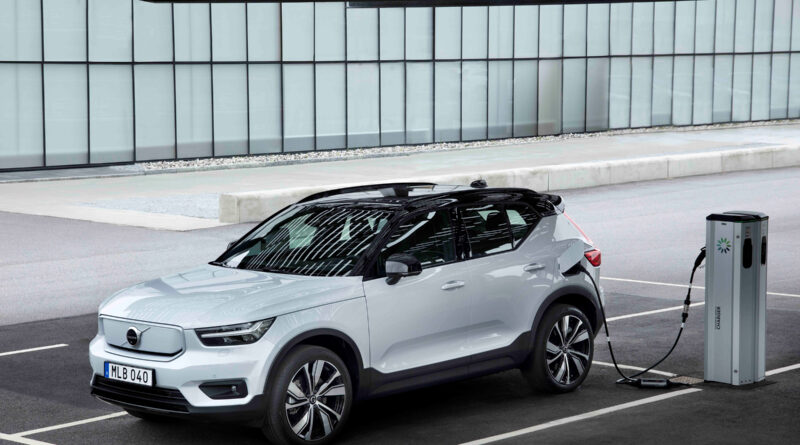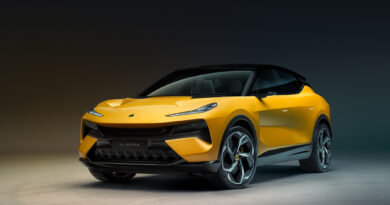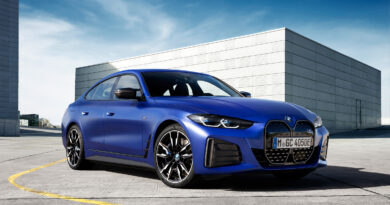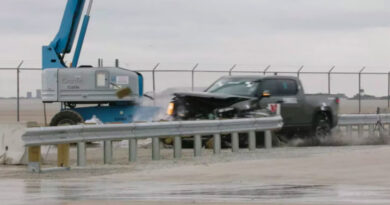Controversial Victorian electric car tax could “kill” EV take-up: FCAI
The Federal Chamber of Automotive Industries has slammed Victoria’s planned electric car tax as having the potential to “kill [EV] technology at its infancy”.
FCAI chief executive Tony Weber says a proposal to slug electric car drivers 2.5 cents for every kilometre they travel from mid-2021 risks the take-up of EVs and the inherent benefits they bring.
Victorian Treasurer Tim Pallas says the proposed new tax is “essentially the Government making it a fairer system so that everybody pays their share of the wear and tear” and comes weeks after South Australia proposed a similar EV tax.
Want the latest EV news and reviews delivered to your inbox? Subscribe to our weekly newsletter!
“Once again, we have a state government in Australia trying to destroy the path to a greener and cleaner motor vehicle fleet for this and future generations,” said Weber. “Don’t worry about health outcomes, don’t concern yourself about the environment – short-term revenue collection comes first.”
Weber questioned the timing in an era when governments around the world are encouraging – or in some cases forcing – the uptake of electric vehicles.
“Other countries bend over backwards to increase the use of EVs and other low emission vehicles, because they recognise the benefits,” he said.
Norway and China are two countries with big EV incentivesand parts of the United States have financial incentives for electric vehicles. Last week the UK confirmed it would ban the sale of petrol and diesel vehicles by 2030.
Victoria proposed 2.5 cents-per-kilometre charge which would equate to $375 for those travelling 15,000km per year.
A petrol-powered car using 7.5 litres per 100km would pay $476 in fuel excise over the same distance, suggesting EV owners are still ahead overall.
However, some argue EV owners are paying more than their fair share of taxes due to the higher price of the vehicles as the technology ramps up. That means more GST, more state stamp duty and (for most EVs) more luxury car tax.
On a $148,000 Mercedes-Benz EQC, for example, some $36,000 goes to state and federal governments.
And on a $167,000 Tesla Model X about $38,000 goes to Australian governments.
Even the most affordable EV on the market, the MG ZS EV – priced from $43,990 drive-away – pays more than $2000 extra in tax over the petrol-powered MG ZS it’s based on.
There is also an argument to be mounted for taxing all vehicles on a per-kilometre basis and abolishing fuel excise, something recommended by the Henry Tax Review in 2010 by way of a “distance-related charge”.
“The FCAI recognises that the decline in excise, the taxation of motorists and their vehicles, is a long-term issue that needs to be addressed,” said Weber. “We also understand that road user charging may play a role in Australia’s future tax regime.
“However, such a transition needs to be undertaken in a holistic and nationwide manner, recognising the importance of EVs and other low emission vehicles. Let’s not kill EVs in their infancy.”
Given so few new-vehicle sales are pure battery electric vehicles – this year the tally might high 3000-4000 of the almost-one-million vehicles expected to be sold – it seems odd state governments are worrying themselves over such a small component of the vehicles on the road.
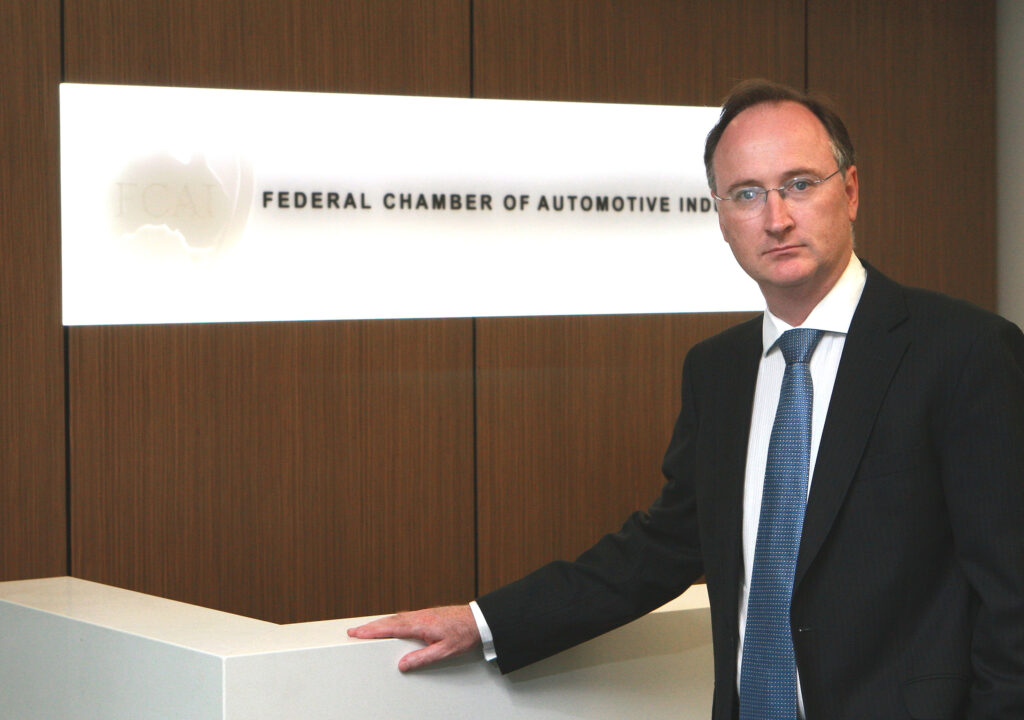
That’s even more surprising given the debacle Victoria had containing COVID-19, something that has also crippled the state’s economy.
Perhaps Victoria’s reliance on coal has it concerned about vehicles switching to electricity; electricity produced from brown coal can emit more CO2 than cars running on petrol.
According to the Department of Industry, Science, Energy and Resources 70 percent of Victoria’s electricity generated in 2019 was from brown coal, the dirtiest form of electricity in Australia.
Weber questioned whether there was a tax war being waged between Federal and State governments.
“Australian state governments want to kill the technology at its infancy,” said Weber, highlighting the 42.3 cents of fuel excise added to every litre of petrol and diesel sold. “Is this because some states want to substitute the Commonwealth excise tax with their own tax?
“Are motorists being caught in a petty game in which the states want to establish a new revenue base at the expense of the Commonwealth?”

